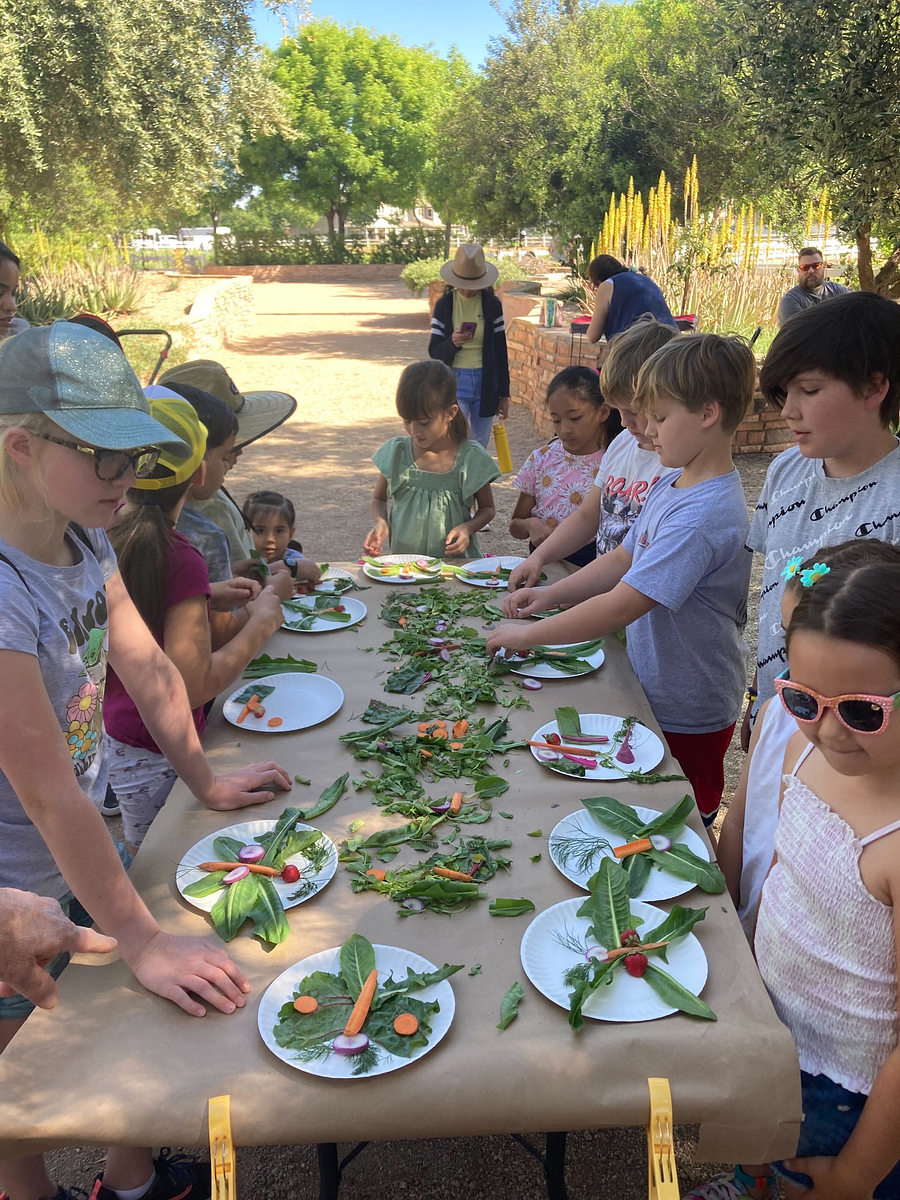Julie Bogart | July 23, 2022
When someone shares a strong opinion—even when unsubstantiated by facts and data—it’s easy to feel that it is your obligation to enlighten said person with the “truth” —the truth that has eluded them until they happened upon your smarter, more capable mind.
A child is necessarily younger and less experienced with the world than you are, so their opinions will come from a different (more limited) space. But those conclusions and thoughts are no less logical to the child, no less important, no less “true” in his or her own mind’s eye.
I don’t know anyone who has kept every opinion formed at age ten throughout the rest of life. Kids, teens, young adults, heck OLD adults, routinely revise their notions of what is true, right, and good all the time, as they add experiences, information, and relationships to their lives. Our job as parents isn’t to “safeguard” a particular set of ideas or beliefs (no matter how much we may hope that our kids will adopt a particular set).
Our job is to value cognitive processes that show our kids are learning to reflect on their thinking. We don’t do this to manipulate our kids to adopt our way of thinking. We do it to enhance the powers of thought that our kids are exhibiting.
When Johannah first became interested in animal rights, she wanted to find a way to make a difference. For her, that meant adopting veganism as her lifestyle. It would have been easy to forbid it (since I had to cook for six other meat-lovers in the family and her choice would be inconvenient) or to combat it with my experiences (I grew up vegetarian and I “knew” that she wouldn’t want to be one forever) or to rebut it with my own set of facts about health.
But what I could see in her commitment wasn’t an opinion about animal rights nearly as much as it was an expression of how she “took in” impacting information and then applied it to her life. She was showing me that when she took something seriously, she would make a corresponding choice to back it with her actions! What an amazing development in a young person—to not just rant about ideas, but to put into practice a highly inconvenient lifestyle choice to back up her convictions!
As a result, our family accommodated this choice. In fact, two more kids chose to become vegans as a result of watching this commitment lived out. We had lots of discussions about how we make commitments and to what causes. It was not easy for my three vegans to understand my choice to not be vegan, for instance. Just my own lifestyle provided them with a chance to learn how to peacefully co-exist with difference—different:
Today, only one of the three is still vegan. They have their new reasons for why they live differently now. These new choices show growth in how they nuance commitments and what they believe. As I suspected, their ideas morphed and grew just like mine have over a lifetime.
When our kids become passionate about a belief, or when they are exploring ideas that may even seem uncomfortable to us, this is a chance to be supportive of the cognitive development happening right before our eyes!
It’s a wonderful thing to see a mind choose to think independently of the family culture—to branch out to find information, ideas, and commitments all their own. It doesn’t mean our kids will even land or stay with these ideas for good. Most of us shift identities and beliefs again and again throughout our lives.
Rather, our children, teens, young adults are doing the hard work of becoming—becoming people who know how to think for themselves, using the resources, experiences, and reasoning skills available at that stage in the journey.
All we have to do is buy soy milk, hummus, and Earth Balance margarine, while listening intently to the passionate plea to end violence against animals.
More about our featured writer: Julie Bogart is the popular voice of common sense and compassion for home educators. Her online coaching community, The Brave Learner Home, her podcast, and her YouTube channel are lifelines for tens of thousands of weary homeschoolers all over the world. Julie’s the creator of the award-winning, innovative online writing program called Brave Writer and the fast-growing weekly habit called Poetry Teatime. She home educated her five children who are now globe-trotting adults. Today, Julie lives in Cincinnati, Ohio, and can be found sipping a cup of tea, planning her next visit to one of her lifelong-learning kids.
Tags: Language Arts, homeschool, critical thinking
Get Colearn blog posts in your email.
By clicking on the button, I agree to the processing of personal data and the terms of use of the Platform

Colearn helps new and experienced families navigate the day to day home education process. Explore our programs here.